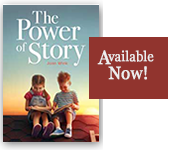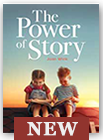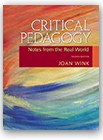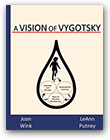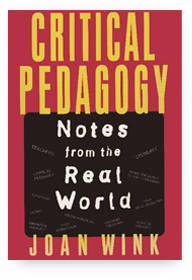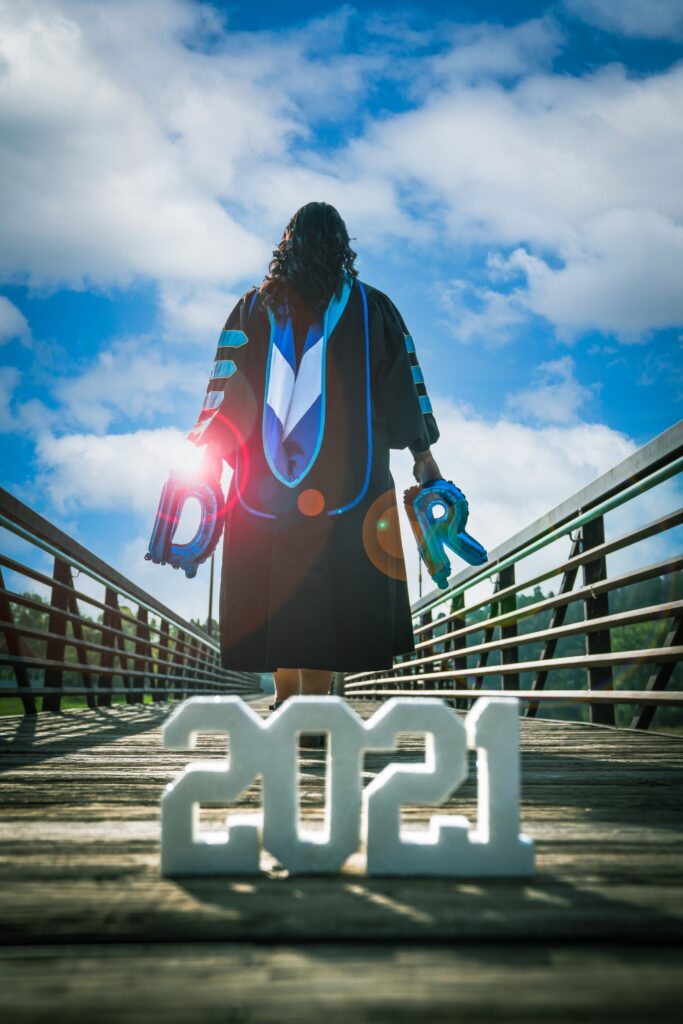As you may remember, I have highlighted some recent graduates, and I will repost them at the bottom of this WinkWorld. However for now, I am happy to introduce you to the new Dr. Jade Herman. Jade received her doctoral degree from Creighton University, and I was honored to be on her committee. One more doc celebration to go this fall…
Since finishing her degree, Dr. Herman has been named the Chief of Staff for the President of South Dakota School of Mines & Technology. The focus of her study was on leadership within a specific program at MINES.
From Jade I learned the difference between a case study and an intrinsic case study.
A case study is research of a bounded system, for example a process, activity, individual(s), or an event. Case study is often used to understand what is happening in the context of teaching/learning (pedagogy). Qualitative data are often collected over time from multiple sources. My own understandings are heavily influenced by Creswell & Poth (2018) most recently.
An intrinsic case study is a qualitative research method where the case itself is the primary interest of the researcher (Jade). Stake (1995) posited intrinsic case studies are often appropriate when the aim is to evaluate a program, and there is a need to learn about that program as a specific case. The emphasis is on what the participants experience, and not what the researcher thinks about those experiences..
I also learned the difference between phenomenology and transcendental phenomenology.
Phenomenology is a study of rooted in philosophy and psychology, and is also used in education. This type of research inquires into the lived experiences of participants involved in a specific phenomenon. Interviews of participants over time are common (Creswell, 2014).
Transcendental phenomenology is a research approach that focuses primarily on the experiences of the participants rather than the researcher’s interpretations (Creswell & Poth, 2018; Moustakas, 1994).
This qualitative, intrinsic case study analyzed the effectiveness of the Mines Advantage co-curricular leadership development program at South Dakota Mines by exploring ten undergraduate engineering students’ shared experiences in and perceptions of the program. While companies in the science, technology, engineering, and mathematics (STEM) fields seek to hire individuals with solid technical and leadership skills, engineering universities have historically been ineffective in providing quality opportunities for students to improve their leadership abilities. This study found students perceived Mines Advantage as an effective tool in aiding in their leadership development. Data collected in this study also highlighted a significant relationship between students’ participation in the program and graduation rates that doubled those of non-participants. With its current structure, Mines Advantage is already a valuable method for fostering student success. However, it is recommended the university address the primary challenges the program faces to better accomplish its intended outcomes.
Keywords: Co-curricular leadership development; science, technology, engineering, and mathematics (STEM); undergraduate students; curriculum development; leadership skills assessment; engineering leadership; student development
A Couple of Tiny Stories
I love playing in data and finding surprises. Remember, this was a study of leadership–diversity, (multiculturalism, globalism, belonging, pluralism) was not the focus. However, the data did reflect the students’ thoughts, and these two items sure caught my eye.
First, majority (mostly White young men) students thought the professional development on diversity sponsored by the leadership program was good. The ethnic minority students disagreed. They thought that the diversity professional development should be improved.
Second, both groups of students asked for more professional development on diversity, as they need to understand others’ perspectives. Students know that this will help them achieve their goal: to be engineers in multinational, global companies.
Allies of The Other: This One is For You
More and more the academic literature indicates that the word, diversity, is antiquated and limiting, as it refers most often to only ethnic minorities. The new and yet emerging term is belong, as in: “We want all people to feel a sense of belonging.”
However, Jade and I did not learn a better way of talking about hard sciences and “soft skills,” as in collaboration, understanding others’ perspectives, communicating in social settings, etc. In the literature these skills are often referred to as “soft skills,” which we find to be pejorative. Turns out that the student leaders in this study also want to also improve in this area. So, what is the emerging and more respectful term, which we can use?
When we know better, we do better.
Maya Angelou
Previously-posted WinkWorlds when we celebrated other graduates are posted below. Thank you, Jade, Ana, Lizzie, and Katie for taking me along on your journey. One more to go…..
